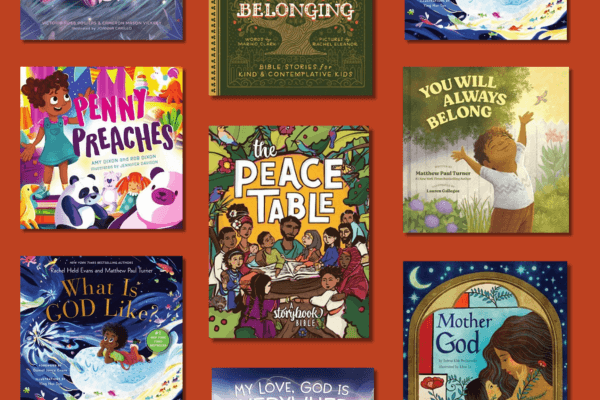Before I get into trouble, I want to make it clear: I do not believe Fred Rogers was Jesus. But he was Christ-like, particularly in his fervent belief that everyone needs and deserves love. His show, Mister Rogers’ Neighborhood is that belief in action. When Mister Rogers said he was happy to see us, he was speaking to the individual viewer as well as the audience at large. He was loving us communally, and individually, all at the same time, recognizing our needs might be different, but they were all rooted, some way or another, in the need for unconditional acceptance.
The new film A Beautiful Day in the Neighborhood thankfully avoids giving us a Fred Rogers biopic, one that hits rote beats that show us how Rogers grew into the saintly human we welcomed into our homes. Instead, it provides a kind of parable of the love and forgiveness and empathy that Rogers preached, one in which Rogers himself happens to feature significantly.
Director Marielle Heller and screenwriters Micah Fitzerman-Blue and Noah Harpster even frame the film like a parable, introducing it via an episode of Mister Rogers’ Neighborhood. Tom Hanks, exuding gentleness and patience as Rogers, introduces us to the actual protagonist of the story, Lloyd Vogel (Matthew Rhys). Lloyd is a journalist who develops a friendship with Rogers after he’s assigned to write a magazine profile on him. Lloyd is also a new father whose connection to his family is hindered by his fractured relationship with his own dad (Chris Cooper).
Simply put, Lloyd is a man who has a tough time caring for others because, as a child, he felt that he himself wasn’t properly cared for. Though he’s cynical about Rogers on their first meeting, Rogers seems deeply interested in Lloyd, and the more time the two men spend together, the more Lloyd is forced to confront long-buried feelings of anger and grief, eventually bringing him to a place of forgiveness.
A Beautiful Day in the Neighborhood risks falling into the cliché of “magical saint saves bitter journalist,” but fortunately manages to skirt around that obstacle. This is partially because the film is based on the real-life friendship between Rogers and writer Tom Junod, but it’s also because the film itself isn’t preachy. Much like Rogers’ show, it’s mostly gentle and genuinely sweet, helped along by Heller’s Neighborhood-inspired visuals and a comfy score by Nate Heller that feels like it could’ve been lifted from an episode of the series.
But most importantly, the movie also wants us to actively engage with the story it’s telling, sometimes breaking the fourth wall to make sure we know this shouldn’t be a passive experience. In one scene, Lloyd and Rogers are eating lunch together during a particularly low point for Lloyd. Rogers pauses for a moment, and asks Lloyd to take some time with him to think about everyone in his life who “loved him into existence.” Hanks delivers this line looking directly into the camera, not just at Lloyd, but at us. He leaves us a few seconds of silence so that we can do this exercise, too, before he starts again.
It’s a small moment, but very powerful. Hanks’ Rogers takes a moment to remind us that this isn’t just Lloyd’s story, but a story for all of us, too. Lloyd’s feelings aren’t unique to him. We all feel let down sometimes, whether by a person, or several people, or even an institution. But as hard as life gets, we can always take time to show kindness to others, and remember the people who’ve done the same for us.
A Beautiful Day in the Neighborhood doesn’t try to explain Fred Rogers, or even really demystify him that much, though it does hint at the fact that he felt difficult emotions just like the rest of us. Instead, it manages to be something much more satisfying: an extension of Rogers’ love for others. It’s a film that reminds us of the need to make empathy an active practice, and the incredible potential it has to improve our lives when we do. It does so in a way that would’ve made Rogers proud, not through hero worship, but through personal relationship.
Got something to say about what you're reading? We value your feedback!







